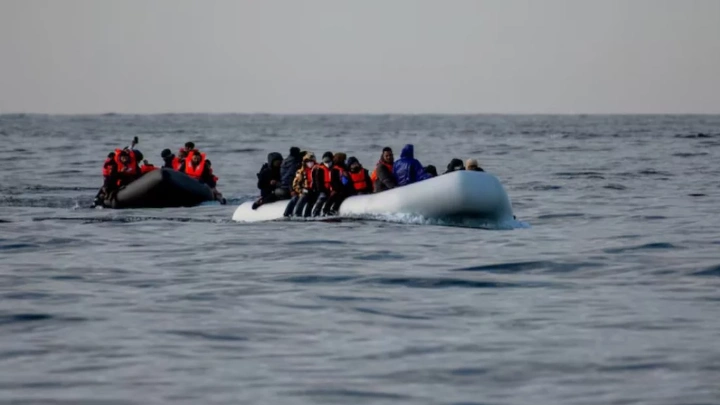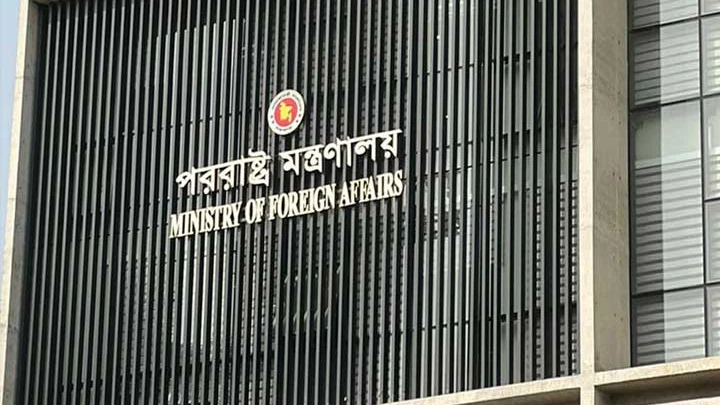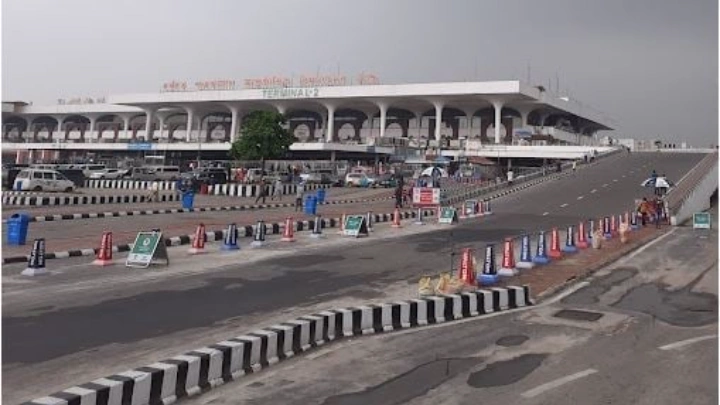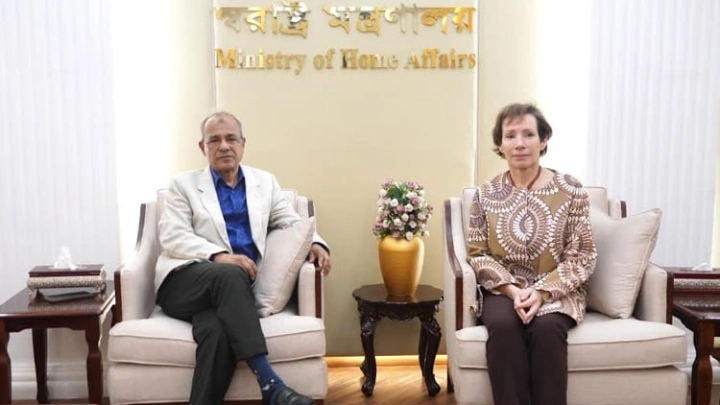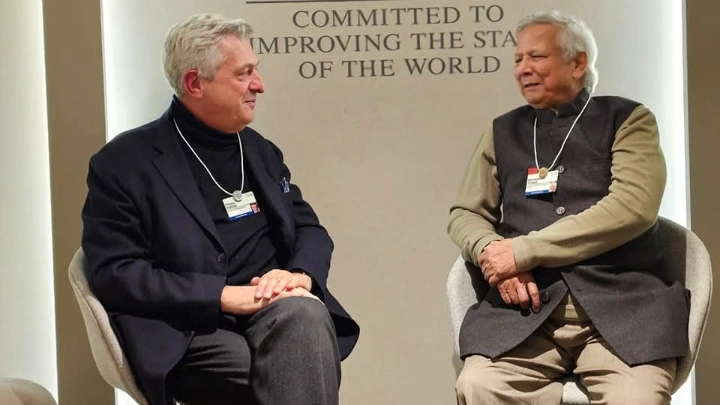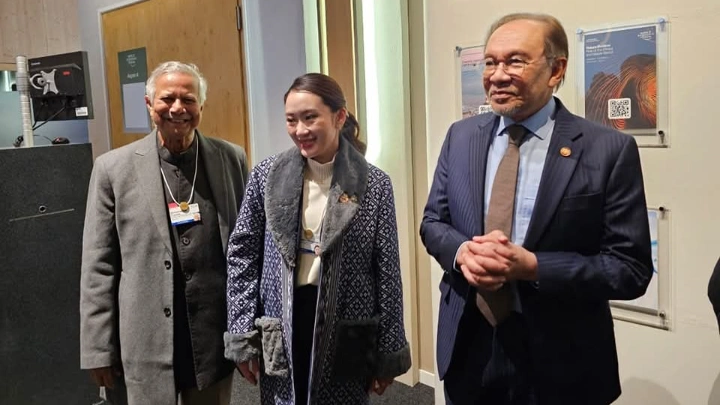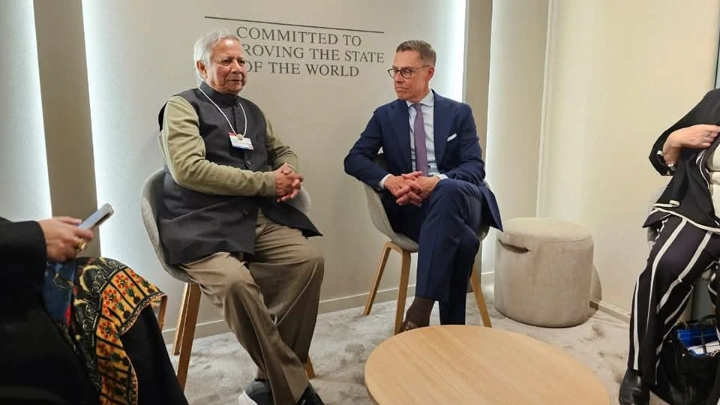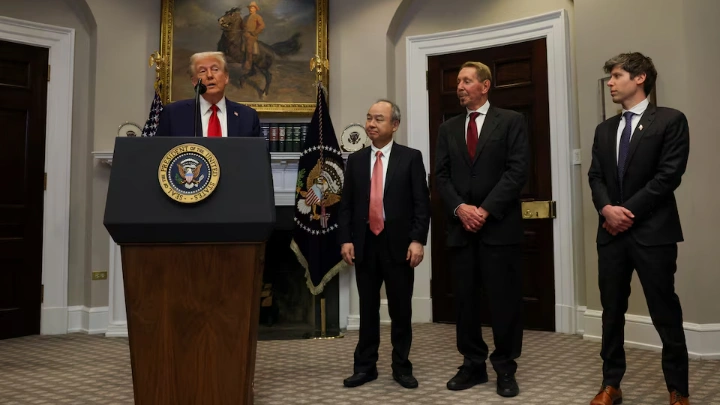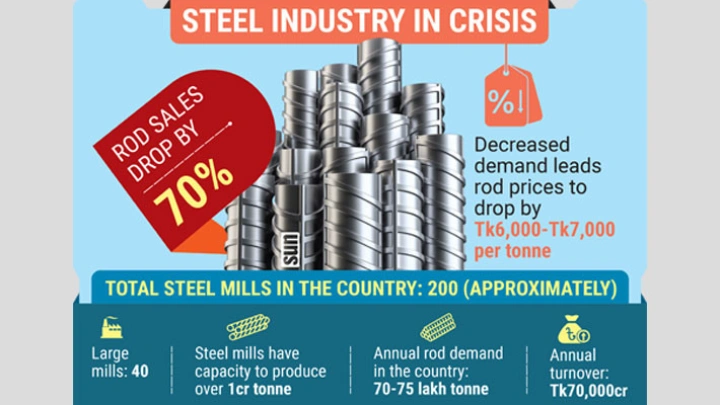Bangladeshis continue taking illegal migration route to Europe
DhakaTribune || Shining BD
As World Day against Trafficking in Persons is observed across the globe on Tuesday, Bangladesh continues to grapple with a high rate of illegal migration and a poor state of trafficking case disposal.
In the first six months of 2024, Bangladesh topped the list of source countries from where thousands of people tried to enter European destinations through the central Mediterranean route.
While at home, courts disposed of 202 cases of human trafficking in 2024 (from January to May) with accused getting acquittals in 177 cases. Some sort of punishment has been meted out to the accused traffickers only in 25 cases.
Experts say government efforts to curb illegal migration and human trafficking appear insufficient as most of the trafficking victims are not getting justice and many unemployed youths are risking their lives while attempting illegal migration.
Illegal migration
According to the latest statistics of the European Border and Coastguard Agency, Frontex, over 25,000 incidents of illegal border crossing to Europe though the central Mediterranean route have been detected during the January-June period of this year, with Bangladesh being on top as the source country of the migrants.
The top five source countries are: Bangladesh (5,644), Syria (3,780), Tunisia (3,317), Guinea (2,008) and Egypt (1,700).
Bangladeshi nationals were also among the top detected nationalities last year and in 2022.
In its risk analysis report for 2024-25, Frontex predicted that Bangladeshis along with people of a few other nationalities would continue to attempt illegal border crossings to reach European destinations.
Human trafficking
Recent trends show an alarmingly high rate of alleged traffickers getting acquitted in human trafficking cases in Bangladesh.
The Home Ministry keeps track of the human trafficking cases and its latest statistics show that courts disposed of only 202 trafficking cases in the first five months of this year, with the accused getting acquittals in the majority of cases (177). Nearly 4,000 trafficking cases are still pending for disposal.
Last year, 450 cases were disposed of but the traffickers got some sort of punishment only in 33 cases while a large number of accused in 417 cases got acquitted.
Shariful Hasan, associate director of Migration Programme and Youth Platform at BRAC, told Dhaka Tribune that in Bangladesh alleged traffickers are getting punishments in fewer than 10% of the cases. He thinks the investigation agencies are not showing their due diligence in probing the cases properly and in many cases the poor victims and plaintiffs are being forced by powerful trafficking rackets to settle cases out of court.
Regarding too many youths taking to the perilous path of the Mediterranean route, Shariful Hasan said many are choosing to leave the country by any means owing to multiple factors such as unemployment and the poor governance situation at home. He emphasized promoting safe migration so that people don’t endure many risks of illegal migration.
Home Minister Asaduzzaman Khan said recently that Bangladesh has a strong stand against human trafficking and the government in its current National Plan of Action (updated up to 2023-25) strives to reach every victim with support and hold every perpetrator accountable.
In a message on the eve of the day, UN Secretary General António Guterres termed human trafficking as a horrific crime that targets the most vulnerable in societies.
He said: “Rising inequalities and globalization have fuelled complex trafficking networks that challenge traditional legal frameworks, creating new forms of slavery. Online platforms further expose children to sexual exploitation and gender-based violence and allow traffickers to exploit victims across borders.
In its flagship annual human trafficking report, the United States said recently that Bangladesh does not fully meet the minimum standards for the elimination of trafficking but is making significant efforts to do so.
It notes: “The government continued to permit set recruitment fees which rendered many migrant workers indebted, increasing their vulnerability to trafficking. Furthermore, courts sentenced the majority of traffickers to fines rather than jail time, which weakened deterrence, undercut the government’s overall anti-trafficking efforts, and likely created security and safety concerns for victims.”
Shining BD

